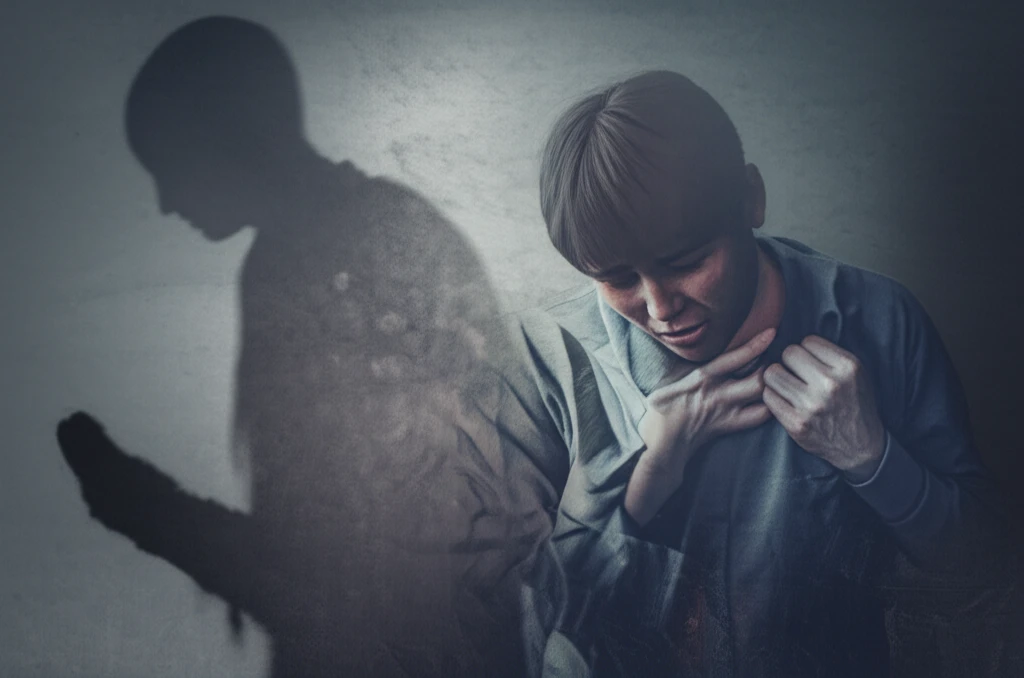
The Silent Struggle: Unmasking PTSD in COPD Patients and What You Need to Know
"Discover the hidden link between chronic lung disease and post-traumatic stress. Are you at risk?"
Chronic Obstructive Pulmonary Disease (COPD) is a significant health challenge, marked by persistent breathing difficulties and reduced airflow. Often associated with smoking and environmental factors, COPD is characterized by symptoms like shortness of breath, chronic cough, and fatigue, profoundly impacting the quality of life for those affected.
While the physical aspects of COPD are well-documented, the psychological toll is often overlooked. Recent research has shed light on a concerning comorbidity: the co-occurrence of COPD and Post-Traumatic Stress Disorder (PTSD). This connection reveals a complex interplay between respiratory health and mental well-being, affecting a substantial portion of COPD patients.
This article aims to explore the intricate relationship between COPD and PTSD, offering insights into the shared symptoms, potential risk factors, and available treatments. By understanding this connection, individuals and healthcare providers can better address the holistic needs of those living with these conditions, fostering improved health outcomes and enhanced quality of life.
COPD and PTSD: A Complicated Connection

COPD and PTSD might seem like unrelated conditions, but they share surprising similarities. PTSD, often triggered by traumatic events, leads to symptoms such as intrusive thoughts, avoidance behaviors, hyperarousal, and negative changes in mood and thinking. Like COPD, PTSD is characterized by periods of symptom exacerbation and remission, making it a chronic condition that significantly affects daily life.
- Shared Risk Factors: Both COPD and PTSD have been linked to smoking, socioeconomic factors, and a history of trauma. These shared vulnerabilities may increase the likelihood of developing both conditions.
- Physiological Overlap: Chronic inflammation, a hallmark of COPD, can also affect the brain and contribute to mental health disorders like PTSD. The body's stress response system may also be dysregulated in both conditions.
- Psychological Impact of COPD: Living with a chronic respiratory illness like COPD can be traumatic in itself. The constant struggle to breathe, limitations on physical activity, and social isolation can lead to anxiety, depression, and ultimately, PTSD.
Taking Control of Your Health
If you or someone you know has COPD, it's essential to be aware of the possibility of co-occurring PTSD. Recognizing the signs and symptoms, seeking professional help, and adopting healthy coping strategies can significantly improve quality of life. Remember, you're not alone, and effective treatments are available to address both COPD and PTSD.
